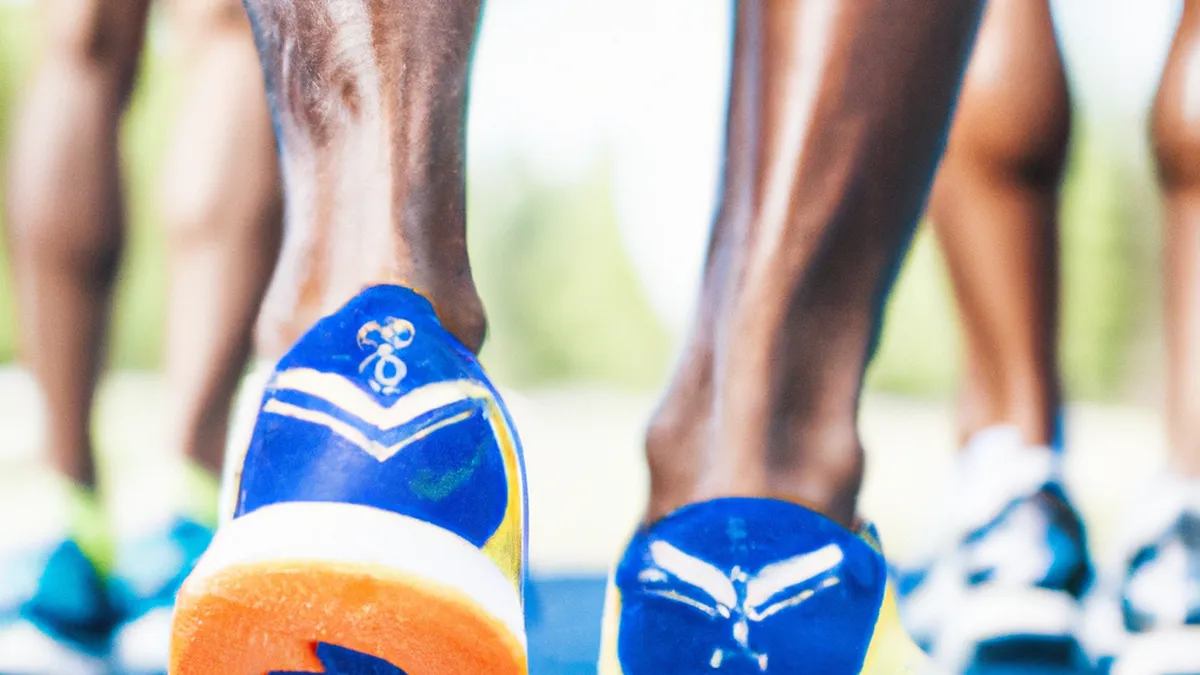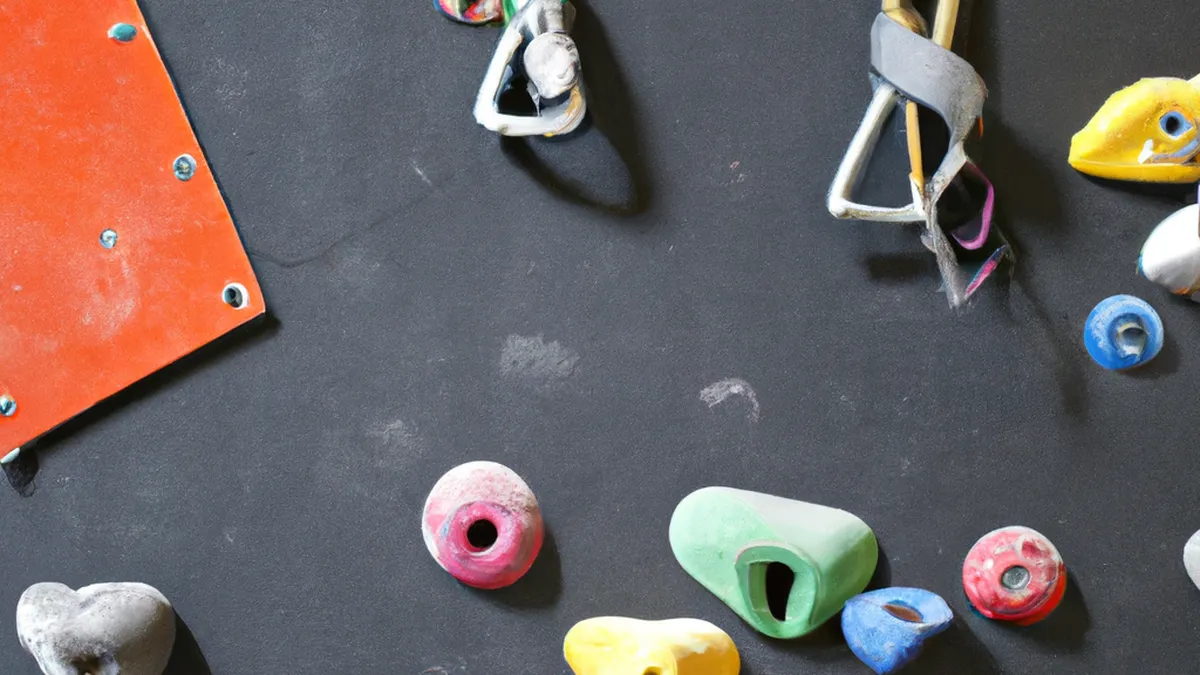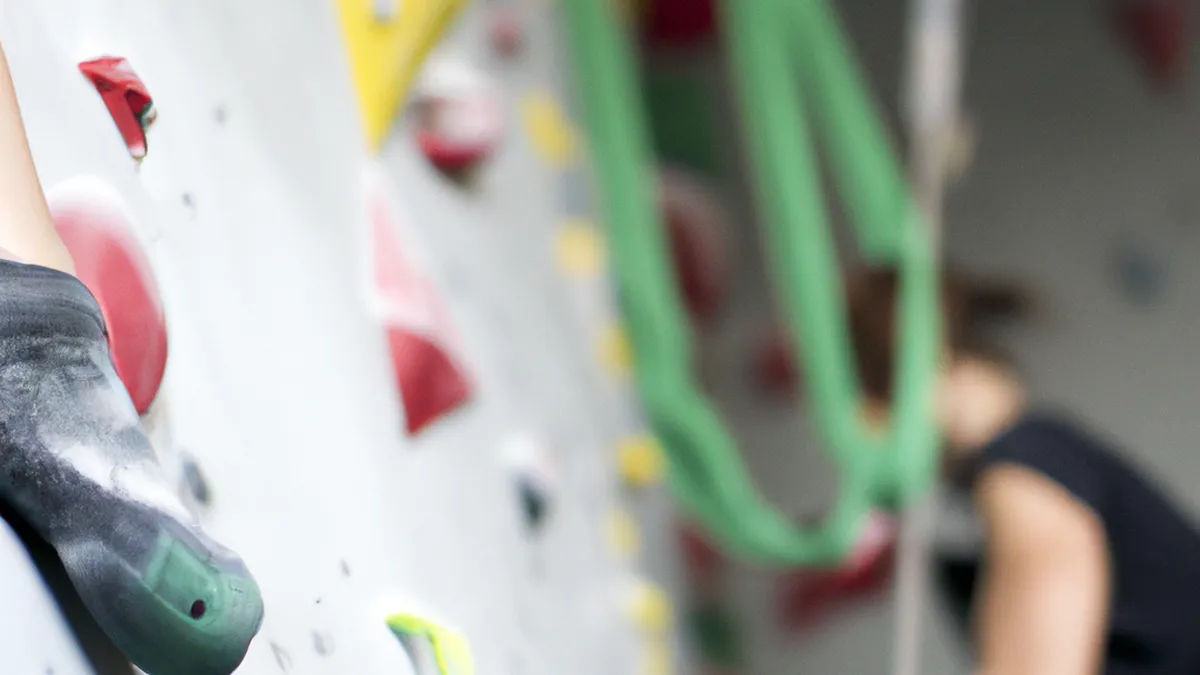Combine Strength and Deep Water for Results
How to Incorporate Strength Training into Deep Water Running Workouts
Deep water running enhances fitness and reduces injury risk. This low-impact exercise builds endurance and improves cardiovascular health. Adding strength training to deep water running maximizes your results. This blog explores how to integrate strength training into your workouts.
Understanding Deep Water Running
Deep water running occurs in a pool where your feet don’t touch the bottom. This method mimics land running while reducing joint impact. It serves as an excellent option for injury recovery and cross-training. Use a flotation belt to keep your body upright during your run. This focus on mechanics reduces concerns about falling. This exercise improves your running form, boosts stamina, and aids in weight loss.
Benefits of Deep Water Running
Deep water running offers several benefits. It enhances cardiovascular fitness by elevating your heart rate and reducing joint stress. It also improves muscle strength and endurance, especially in the lower body. Moreover, it aids injury recovery by alleviating stress on your body. Integrating strength training can make your workouts even more effective, building muscle while enhancing cardiovascular health.
Tips for Incorporating Strength Training
Follow these tips to effectively integrate strength training into your deep water running workouts.
1. Use Resistance Tools
Resistance tools can enhance strength training during water running. Consider using water dumbbells, resistance bands, or ankle weights. Water dumbbells provide resistance during both lifting and lowering. Resistance bands allow for various exercises, like lateral arm raises and tricep extensions. Ankle weights intensify leg lifts and running motions. These tools make your muscles work harder during each exercise.
2. Focus on Core Strength
Your core plays a vital role in deep water running. A strong core stabilizes your body and improves your running form. Incorporate core-targeting exercises, like planks, bicycle crunches, and flutter kicks. Perform these movements while running in deep water. For example, pause briefly to hold a plank position while running, engaging your core and maintaining posture.
3. Perform Interval Workouts
Interval training combines high-intensity bursts with lower intensity periods. This method effectively incorporates cardiovascular and strength training. Start by running at a moderate pace for a few minutes. Then, increase your effort for 30 seconds to one minute. During high-intensity segments, add strength exercises, like arm curls with water dumbbells.
Conclusion
Incorporating strength training into deep water running enhances your workouts. Use resistance tools, focus on core strength, and perform interval training for maximum benefits.
Below are related products based on this post:
FAQ
What is deep water running and how does it benefit my fitness?
Deep water running is a low-impact exercise performed in a pool where your feet do not touch the bottom. It mimics the mechanics of land running while reducing joint stress, making it an excellent choice for injury recovery and cross-training. The benefits include enhanced cardiovascular fitness, improved muscle strength and endurance, and effective weight loss.
How can I effectively integrate strength training into my deep water running workouts?
To effectively integrate strength training, you can use resistance tools like water dumbbells, resistance bands, and ankle weights to enhance your workouts. Additionally, focusing on core strength through exercises such as planks and flutter kicks while running in deep water can improve stability and running form. Incorporating interval training by alternating between moderate and high-intensity efforts, including strength exercises, can also maximize your results.
What types of resistance tools are recommended for deep water running?
Recommended resistance tools for deep water running include water dumbbells, resistance bands, and ankle weights. Water dumbbells provide resistance during lifts, resistance bands allow for a variety of exercises, and ankle weights can intensify leg movements, making your muscles work harder throughout your workout.















Post Comment